i
i
Vientiane, 25 July 2024
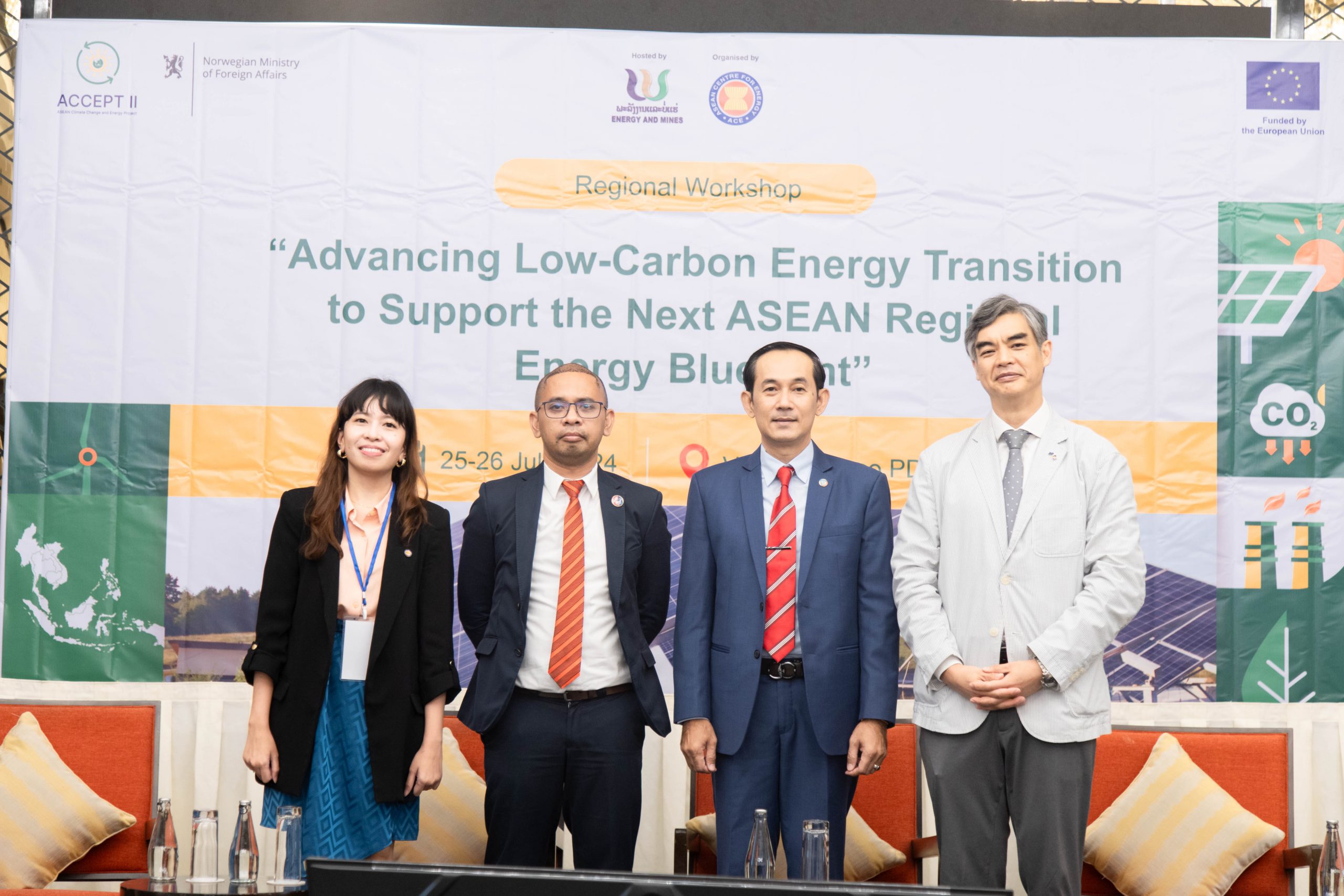
Figure 1. (Left-Right) Aldilla Rakhiemah, Senior Research Analyst for ACCEPT II; Beni Suryadi, Project Manager of ACCEPT II; Souliya Sengdalavong, Deputy Director General of the Department of Energy Policy and Planning in the Ministry of Energy and Mines of Lao PDR; and H.E. Sujiro Seam, Ambassador of the European Union to ASEAN.
The ASEAN Centre for Energy (ACE), through the ASEAN Climate Change and Energy Project (ACCEPT), successfully held the Regional Workshop and Policy Dialogue on “Advancing Low-Carbon Energy Transition to Support the Next ASEAN Regional Energy Blueprint” on 25-26 July 2024 in Vientiane, Lao PDR. Supported by the Government of Norway and the European Union to ASEAN, the two-day event brought together high-level delegates, key experts, and various stakeholders in ASEAN’s energy-climate industries to foster discussions on pathways to further drive the region towards a low-carbon economy.
The event commenced with welcoming remarks from Mr. Souliya Sengdalavong, Deputy Director General of the Department of Energy Policy and Planning in the Ministry of Energy and Mines of Lao PDR. Mr. Sengdalavong expressed his appreciation for the collaboration among the Government of Norway, ACE, and the European Union in organising this event under the Lao PDR’s ASEAN Chairmanship of 2024.
Meanwhile, H.E. Satvinder Singh, Deputy Secretary-General of ASEAN, highlighted that the workshop provided the ASEAN Member States with valuable opportunities to discuss the next phase of the regional energy blueprint.
The final welcoming remarks were delivered by H.E Sujiro Seam, Ambassador of the European Union to ASEAN. Ambassador Seam emphasised ASEAN’s rapid growth and the European Union’s commitment to supporting the region in reconciling economic growth with climate action through a low-carbon economy.
The first day of the workshop was organised into three panels. Moderated by Ms. Indira Pradnyaswari, ACCEPT II Associate Research Analyst, the first panel focused on topics surrounding financing and investment opportunities for low-carbon technologies.
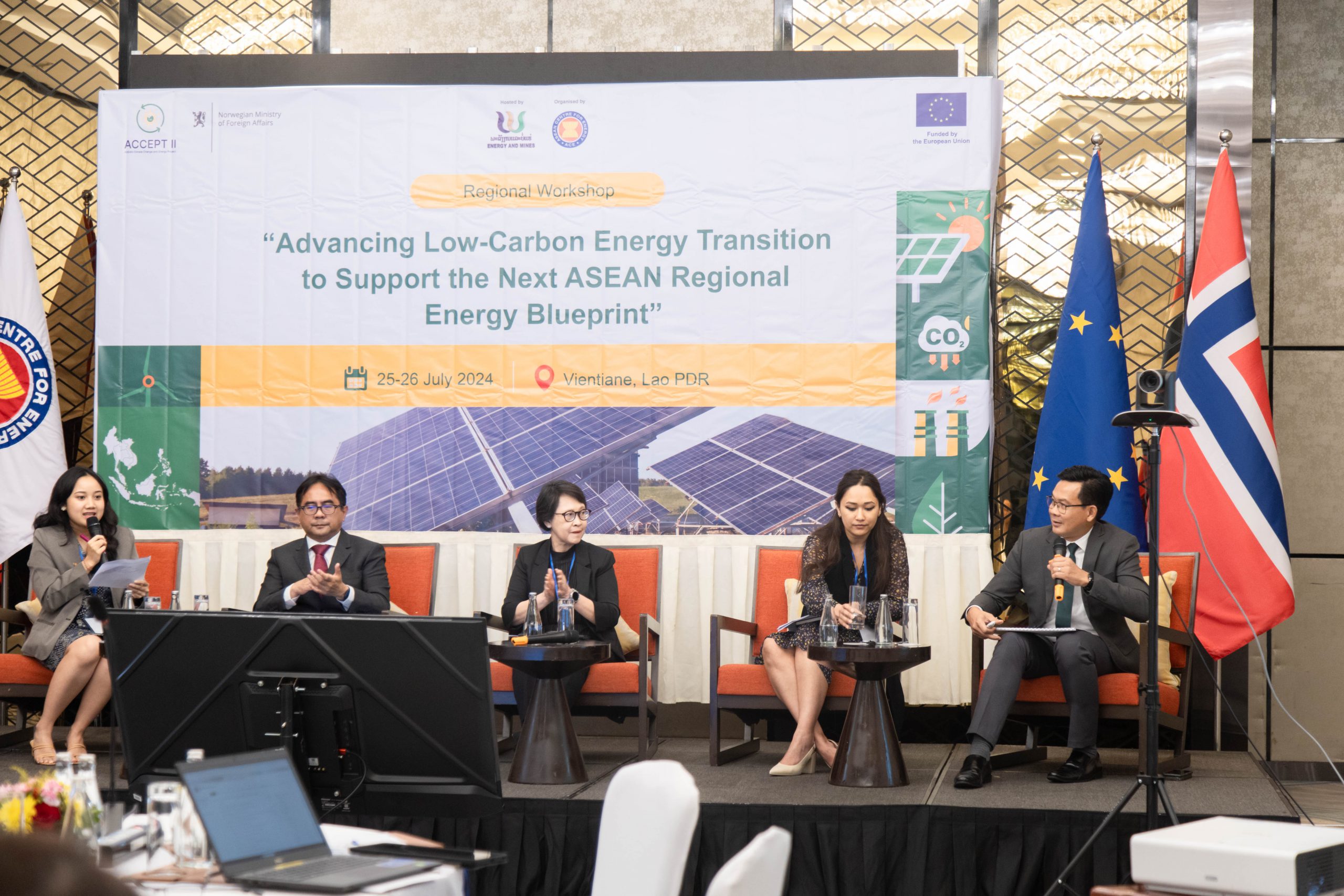
Figure 2. Panel 1, moderated by Indira Pradnyaswari, ACCEPT II Associate Research Analyst;
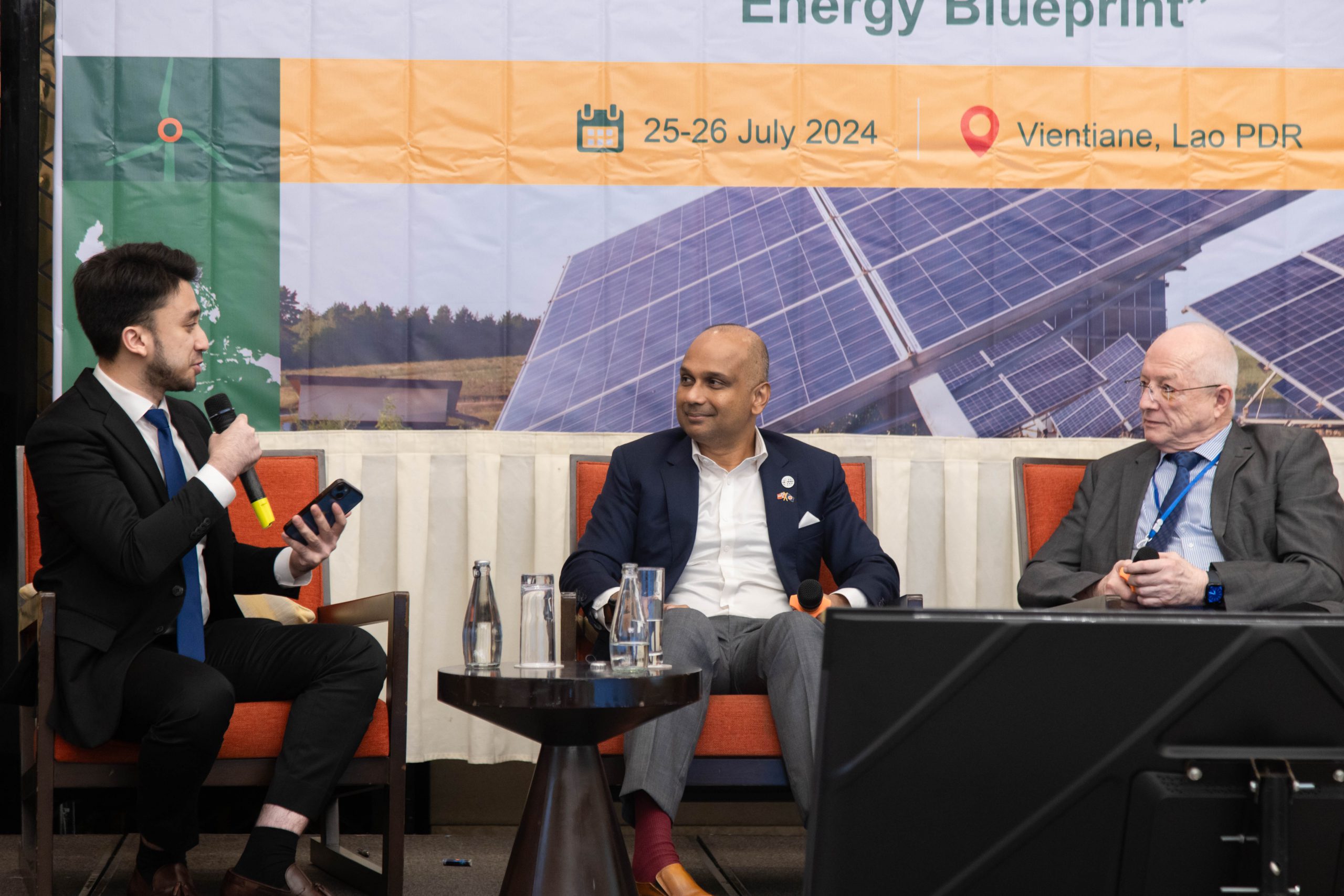
Figure 3. Panel 2, Moderated by Muhammad Ilham Rizaldi, ACCEPT II Research Analyst
Ms. Indira highlighted that in this context, ACCEPT, acts as a bridge between the energy and climate sectors in the region. The panel featured a distinguished group of speakers, including Ms. Lestari Andaluscia Umardin, Managing Director & CRO of PT Indonesia Infrastructure Finance; Mr. Kahirul Ridzwan Abdul Kuddus, General Manager of International Affairs and Alternate Board Member of ASEAN Taxonomy Board Securities Commission Malaysia; Mr. Phongsavanh Phomkong, Country Head for Lao PDR International Finance Cooperation; and Ms. Prerana Pakhrin Misrahi, Lead of Clean Power, Grids, and Electrification of the World Economic Forum.
The second panel discussed clean and emerging technologies in industries and was moderated by Mr Muhammad Ilham Rizaldi, the ACCEPT II Research Analyst. This session, supported by the European Union’s experts, featured Mr Vijay Krishnan, Partner and Head of Asia Pacific at Rystad Energy; and Mr. Bernhard Meyhoefer, Technical Assistance Facility to the Green Team Europe Initiative (TAF-GTEI). The panel focused on various technological implementations in the industry in support of energy transition.
The third panel commenced with Ms. Dynta Trishana Munardy, Senior Officer at ACE, as the moderator. Mr. Yosuke Arino, Research Manager and Project Leader at the Institute for Global Environment Strategies (IGES); Ms. Aldilla Rakhiemah, Senior Research Analyst for ACCEPT II, and Mr. Bernhard Meyhoefer of the TAF-GTEI joined her on the stage. The session elaborated and discussed on initiatives that need to be undertaken to enhance cross-sectoral collaborations in ASEAN. These include initiatives that have been undertaken through the ASEAN Climate Change and Strategic Action Plan, initiatives of ACCEPT, and the European Union’s support for ASEAN.
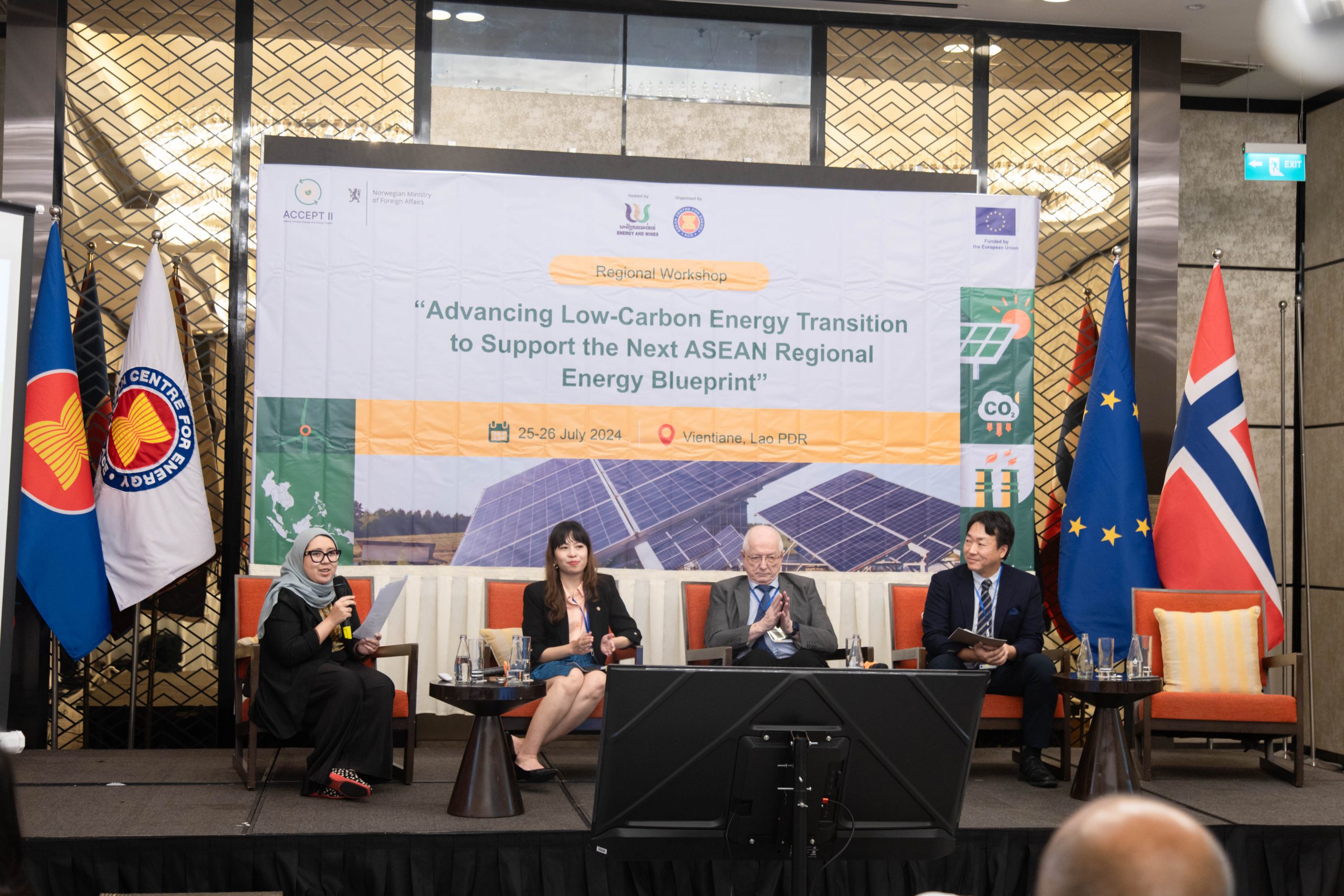
Figure 3. Panel 3, moderated by Dynta Trishana Munardy, Senior Officer at the ASEAN Centre for Energy
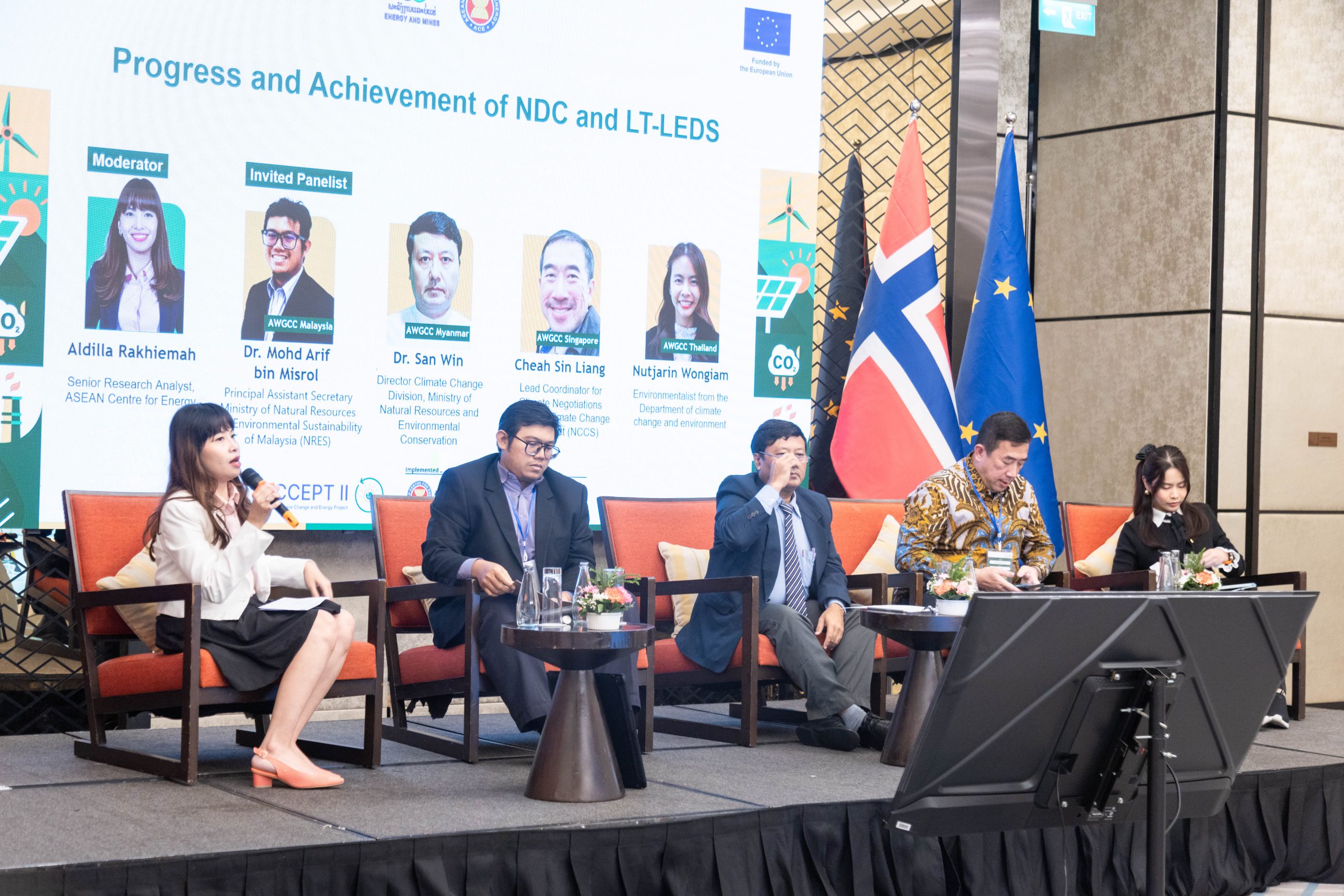
Figure 4. Aldilla Rakhiemah, ACCEPT II Senior Research Analyst, moderating day 2 of the workshop
On the second day of the workshop, Ms. Asih Budiati from the TAF-GTEI as the moderator opened the first panel. Entitled “Understanding Article 6 of the Paris Agreement: Implementation in ASEAN Energy Project”, the panel featured Mr. Murtaza, Senior Supervisor Deputy Director of Carbon Exchange Supervision; Indonesia Financial Services Authority (OJK); Mr. Chatthep Chanyam, Technical Officer at IGES UNFCCC; and Mr Cheah Sin Liang, Lead Coordinator for Climate Negotiations National Climate Change Secretariat (NCCS). This session explored the mechanisms of Article 6 of the Paris Agreement, focusing on its potential implementation in ASEAN energy projects. The discussion also covered the regulatory frameworks, challenges, and opportunities for ASEAN countries in adopting Article 6 mechanisms to advance their climate goals.
The final panel of the workshop was moderated by Ms Aldilla Rakhiemah, Senior Research Analyst for ACCEPT II, and featured country representatives from the ASEAN Working Group on Climate Change (AWGCC). Alongside Ms. Aldilla, Dr Mohd Arif bin Misrol, Dr San Win, Mr Cheah Sin Liang, and Ms Nutjarin Wongiam participated in discussions on the progress and achievements of Nationally Determined Contributions (NDCs) and Long-Term Low-Emission Development Strategies (LT-LEDS). The session highlighted the progress made by ASEAN countries in implementing their NDCs, with panelists sharing insights on successful strategies and ongoing challenges.
A Policy Dialogue which focused on aligning national and regional policies for a low-carbon future also took place on the second day. Emphasising priorities for the next cycle of APAEC Post 2025, the Dialogue explored cross-sectoral collaborations in ASEAN to mitigate climate change, particularly between the energy and climate sectors.
At the Dialogue, Ms. Dynta Trishana Munardy, Senior Officer at ACE, delivered a presentation on the APAEC, including its focus, objectives, and seven programme areas
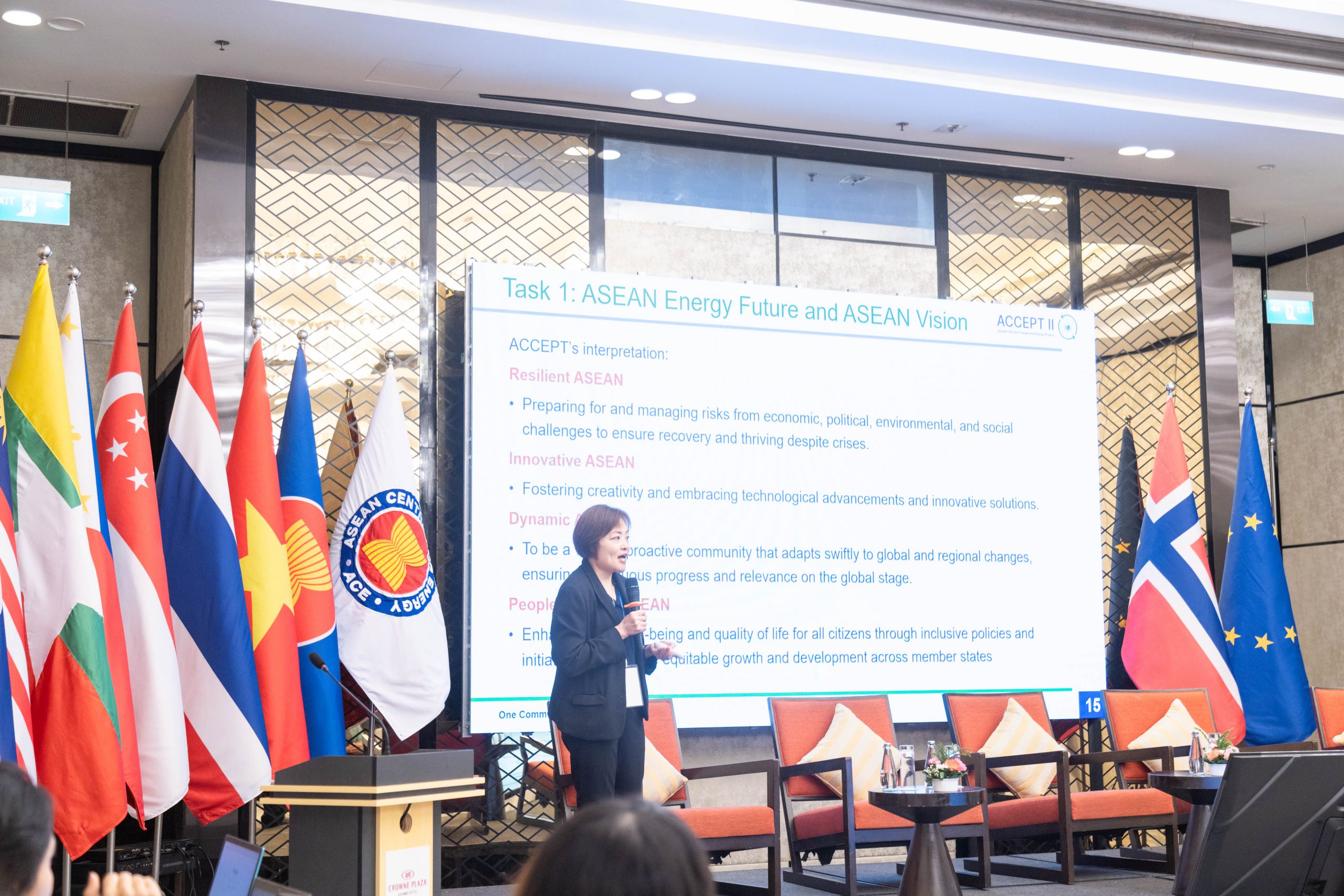
Figure 4. Ms Hoyyen Chan, ACCEPT II Research Consultant, introducing the workshop task
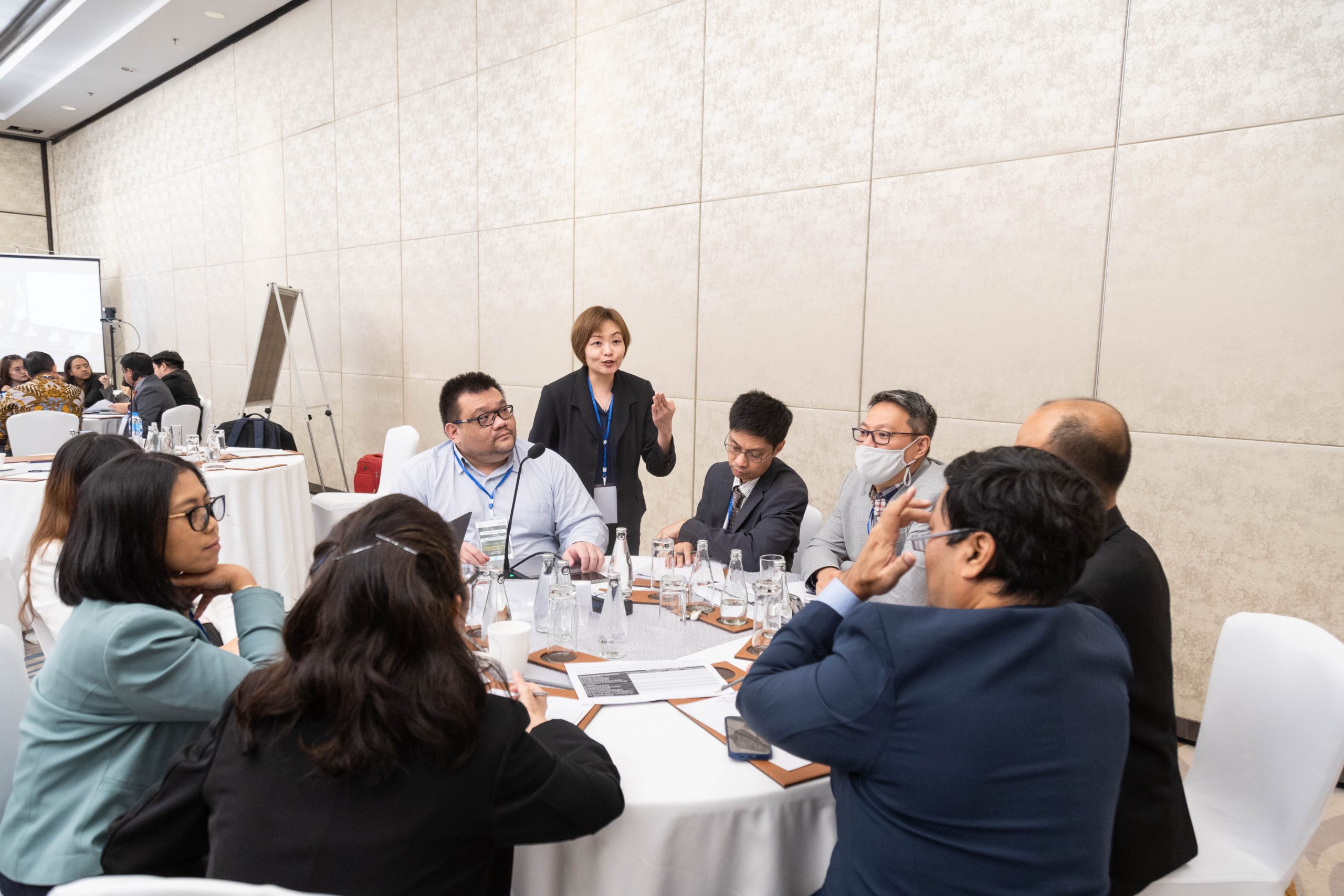
Figure 5. Day 2 group discussion in progress
Ms Hoyyen Chan, ACCEPT II Research Consultant, moderated a session on “Aligning the ASEAN Energy Future with the ASEAN Community Vision 2045”, which was conducted in the format of group discussions. Participants were divided into four groups and tasked with discussing various aspects of ASEAN’s regional energy blueprint, such as assessing priorities for the ASEAN Community Vision of 2045 and determining long-term goals of building low-carbon energy systems. Each group then presented their results and findings to other participants of the workshop. The outcomes of their discussions would be considered for ACCEPT II’s further research.
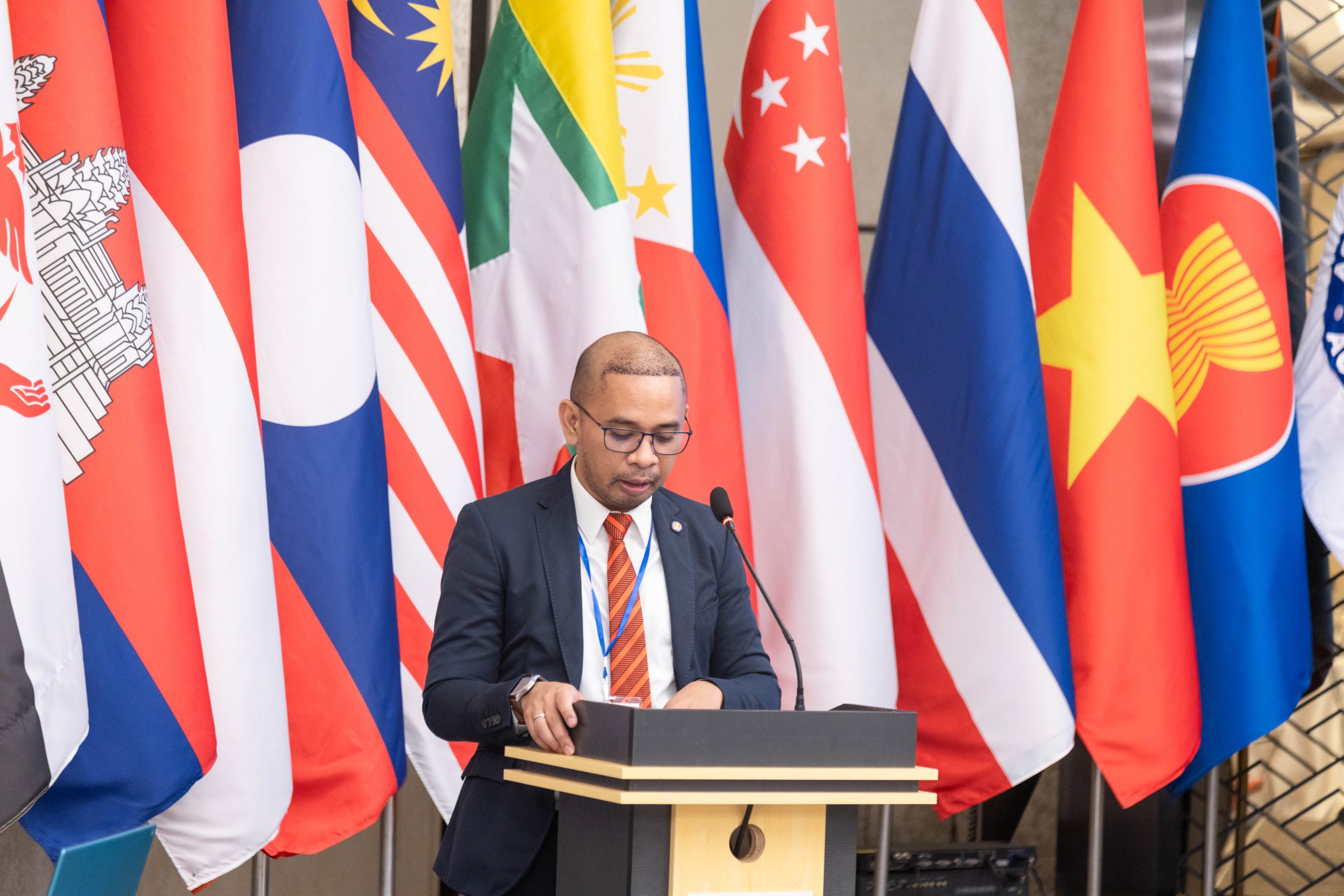
Figure 6. Mr Beni Suryadi, ACCEPT II Project Manager, delivering his closing remarks
In closing, Mr Beni Suryadi, Project Manager of ACCEPT II, underlined that the workshop’s outcomes provided valuable insights and deepened ASEAN’s cross-sectoral and regional partnerships. He highlighted the importance of maintaining and strengthening cross-sectoral collaboration to bridge various stakeholders in ASEAN’s energy-climate nexus. Mr. Suryadi noted that ACCEPT plays a pivotal role in facilitating these collaborations by providing a platform for dialogue, capacity-building, and knowledge sharing among ASEAN member states and their partners. Collaborations with Dialogue Partners, such as the European Union and Norway, can further enhance these efforts by providing additional support for knowledge exchange, technical and financial resources, and innovative solutions. He also stressed the need for ongoing collaboration to ensure that ASEAN can effectively navigate the complexities of the energy transition while meeting its commitments under the Paris Agreement.
In closing, Mr Beni Suryadi, Project Manager of ACCEPT II, underlined that the workshop’s outcomes provided valuable insights and deepened ASEAN’s cross-sectoral and regional partnerships. He highlighted the importance of maintaining and strengthening cross-sectoral collaboration to bridge various stakeholders in ASEAN’s energy-climate nexus. Mr. Suryadi noted that ACCEPT plays a pivotal role in facilitating these collaborations by providing a platform for dialogue, capacity-building, and knowledge sharing among ASEAN member states and their partners. Collaborations with Dialogue Partners, such as the European Union and Norway, can further enhance these efforts by providing additional support for knowledge exchange, technical and financial resources, and innovative solutions. He also stressed the need for ongoing collaboration to ensure that ASEAN can effectively navigate the complexities of the energy transition while meeting its commitments under the Paris Agreement.
This event is also featured by national and regional media outline as mentioned below. Please click the download button for the details.
Join our ASEAN Researchers Network on Climate Change (ARNECC) by registering yourself here. Become a part of our collaborative efforts to address pressing climate challenges and shape a sustainable future.
Detailed information on ACCEPT II can be found at https://accept.aseanenergy.org/
Stay updated with ACCEPT’s latest news and events by following our instagram @asean_accept
We welcome any future collaboration, please feel free to contact us at [email protected]
(AZD)